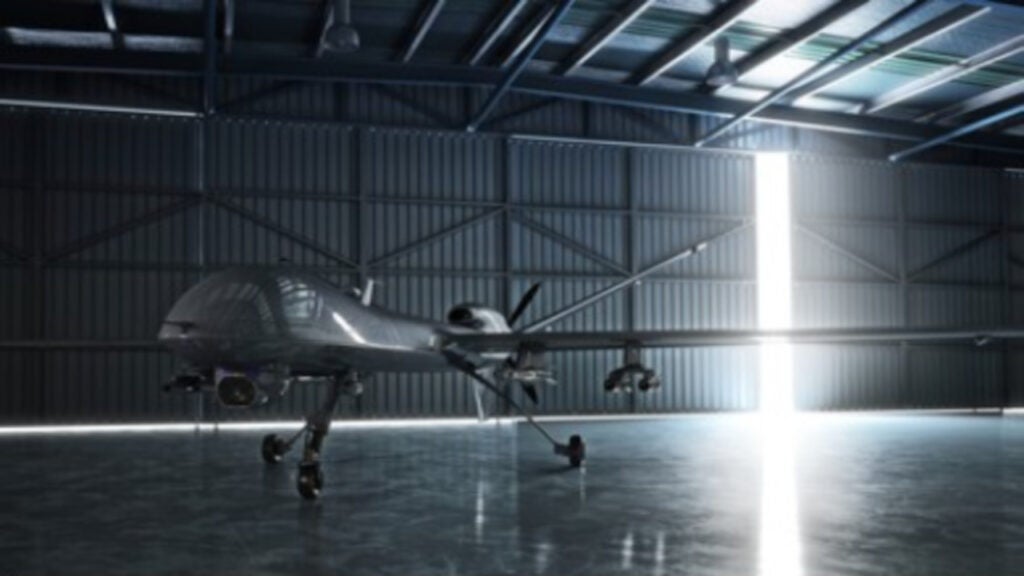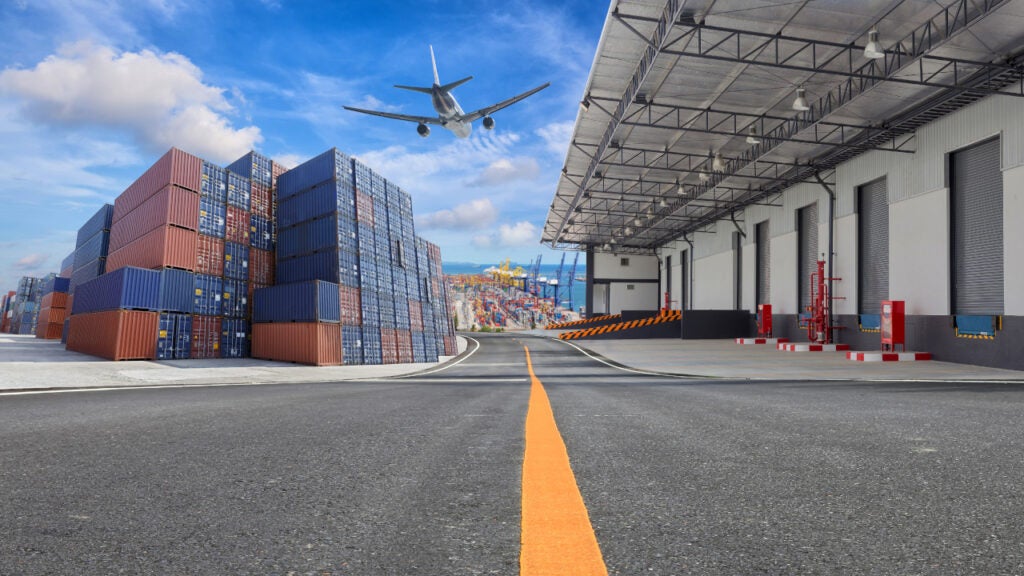The future of the defence industry will be shaped by a range of disruptive themes, with environmental, social, and governance (ESG) being one of the themes that will have a significant impact on defence companies.
There is a growing focus on aerospace and defence companies adapting to and managing their ESG risks. Challenges such as climate change and human rights concerns are receiving increasing global attention. Due to air travel carbon emissions, the aerospace and defence industry, in particular, has been under intense scrutiny. Aircraft engines are now responsible for up to 2% of the world’s carbon output, and aerospace and defence primes will continue to use more sustainable technology and create fewer carbon emissions. Although environmental sustainability in defence might be expected to be relevant only to industry rather than the end-user, it is becoming increasingly important for modern militaries to also adopt sustainability strategies.
A variety of technologies and approaches are being developed to increase fuel efficiency and reduce carbon emissions. Sustainable aviation fuels (SAFs) are a promising alternative to traditional jet fuel, potentially reducing CO2 emissions by 80%. In the longer term, electric propulsion and hydrogen-powered aircraft will be the technologies that will drive zero-emission aircraft. In terms of social sustainability, the process of manufacturing weapons and aerospace platforms is resource-intensive, and deposits of rare minerals required are often concentrated in countries with problematic human rights records. Therefore, defence primes and militaries should seek to increase visibility and control over downstream supply chains. One measure of good corporate governance is resilience to cyberattacks. Aerospace and defence firms possess highly classified information, making them an attractive target for cyberattacks. As cyber threats become ever-more complex, improving cybersecurity across the whole supply chain is of paramount importance. Since products in defence have extensive supply chains, there is a need for more secure cyber systems downstream of major suppliers.
However, not all companies are equal when it comes to their capabilities and investments in the key themes that matter most to their industry. Understanding how companies are positioned and ranked in the most important themes can be a key leading indicator of their future earnings potential and relative competitive position.
According to GlobalData’s thematic research report, ESG in Defense, leading adopters include: Airbus, Northrop Grumman, Rolls Royce, Raytheon, Boeing, Northrop Grumman, Leidos, and Lockheed Martin.
Insights from top ranked companies
Northrop Grumman set environmental targets for 2020 that included reducing absolute GHG emissions by 30% from 2010 levels (44% reduction achieved), reducing absolute potable water use by 20% from 2014 levels (20% reduction achieved), and achieving a 70% solid waste diversion rate (69% reduction achieved). To benefit small businesses, in 2020, 37% of Northrop Grumman’s domestic subcontractor spending went to small businesses ($4.8bn). Additionally, The Northrop Grumman Foundation contributed $1m to the NAACP Legal Defence and Educational Fund and matched $728,000 of employees’ donations. Employees participated in numerous educational forums, panels, and other activities.
Raytheon Technologies has outlined its environmental targets for 2025. GHG emission reduction is a top priority for the company, with ambitions to reduce levels by 10% relative to 2019. Similarly, water conservation is a priority, with targets of a 10% reduction in water consumption relative to 2019. Raytheon will improve waste management practices and strive to reduce waste that is buried or burned by 10% relative to 2019. Raytheon also takes action to benefit local communities. In 2020, it donated $5m and over 650,000 pounds of food to Feeding America. Raytheon also supported its Indian employees, their families, and their communities during the Covid-19 pandemic. The company repurposed four mobile oxygen trucks, originally built to refill oxygen on military aircraft. The trucks supported India’s oxygen transportation infrastructure and Covid relief effort.
To further understand the key themes and technologies disrupting the defence industry, access GlobalData’s latest thematic research report on ESG in Defense.
- Lockheed Martin
- Safran
- Elbit Systems
- L3 Harris Technologies
- Israel Aerospace Industries
- Honeywell
- Mitsubishi
- Thales
- ThyssenKrupp
- QinetiQ
- Hanwha
- Rafael Advanced Defense Systems
- Almaz-Antey
- Airbus
- AECOM
- Aerojet Rocketdyne
- ManTech International
- Saab
- Vectrus
- Perspecta
- Hyundai Motor
- TransDigm
- Oshkosh
- Meggitt
- Rheinmetall
- LIG Nex1
- CSSC
- CETC
- CASIC
- General Dynamics






